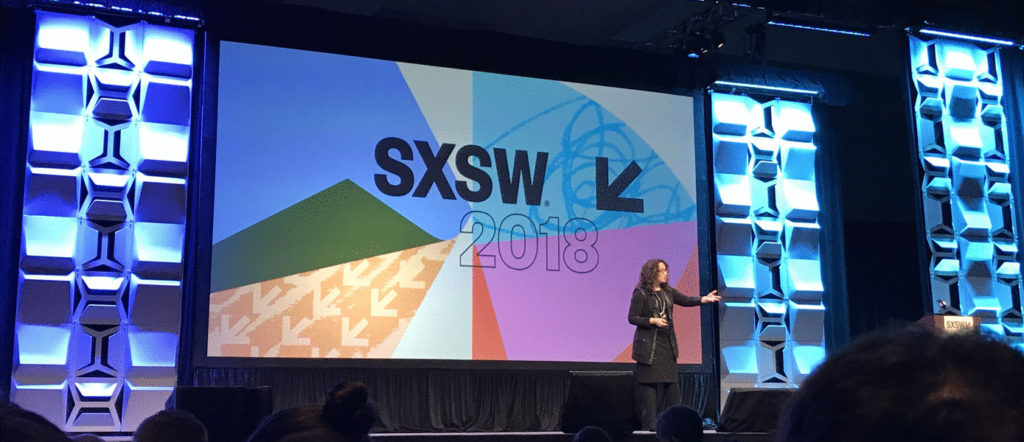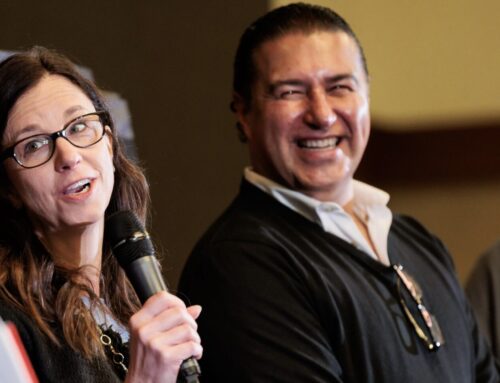There were many talks at SXSW this year about the future of machine learning and AI, and the impact they will have on the workplace and our everyday lives. One thing that kept coming up in talks and panel discussions was the computer programme; AlphaGo.

What is AlphaGo?
Go was invented in ancient China over 2,500 years ago. It is a strategy board game for two players, in which the aim is to surround more territory than your opponent.
AlphaGo was developed by Alphabet Inc from Google Deepmind in London, and was created to play the board game. It used machine learning to “train itself” by following human games and became the first computer to beat the champion Go player, Lee Sedol 4-1 in 2015.
Why are people talking about it now?
But more interesting than that, is the development of AlphaGo Zero which “learnt” how to play Go in 2017, simply by playing itself. It had no data from human games and yet surpassed the strength of all previous iterations in just 40 days.
In short, it improved by NOT learning from human intelligence, instead developing its own form of intelligence.
Replicating human intelligence is not really how artificial intelligence works. Planes don’t fly by replicating birds, so why would computers work by replicating humans; we need to look at it differently. In some ways AI is being restrained by human knowledge – it can find better ways to do things, without us.
What next?
So what does this mean for businesses today? How will machine learning and AI affect the corporate world? Will we all lose our jobs to robots?
At Breakthrough we believe that to create a culture of innovation that thrives in a world of constant change and uncertainty, you have to create a mindset for growth.
Find out more about our approach to creating innovative businesses.





